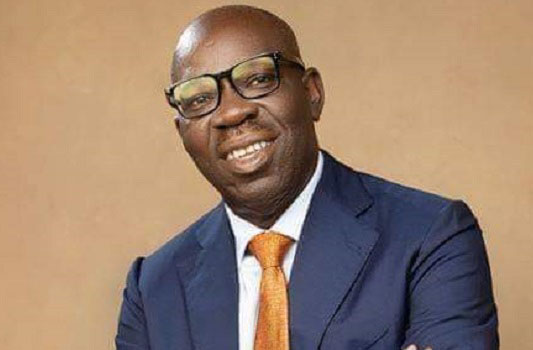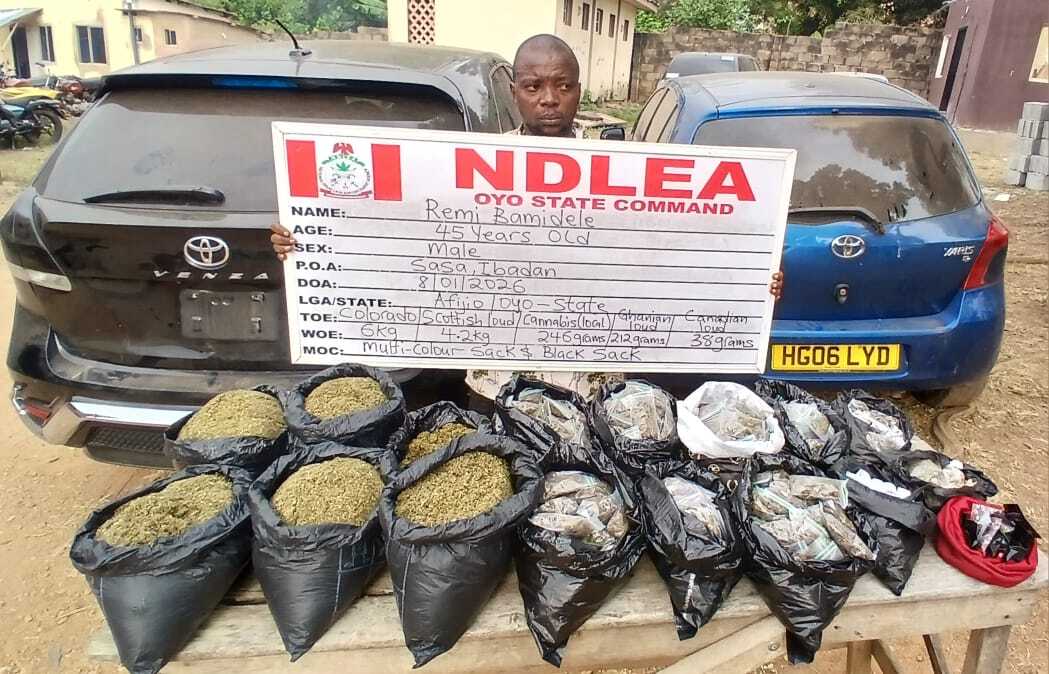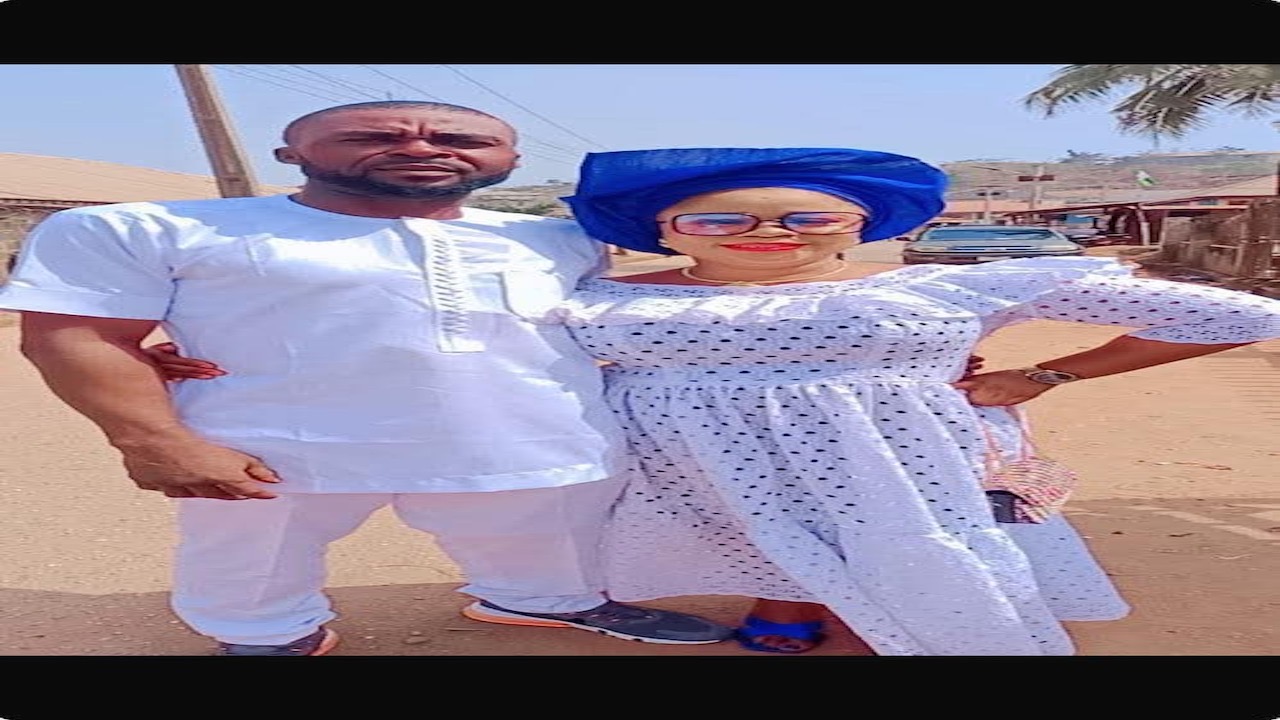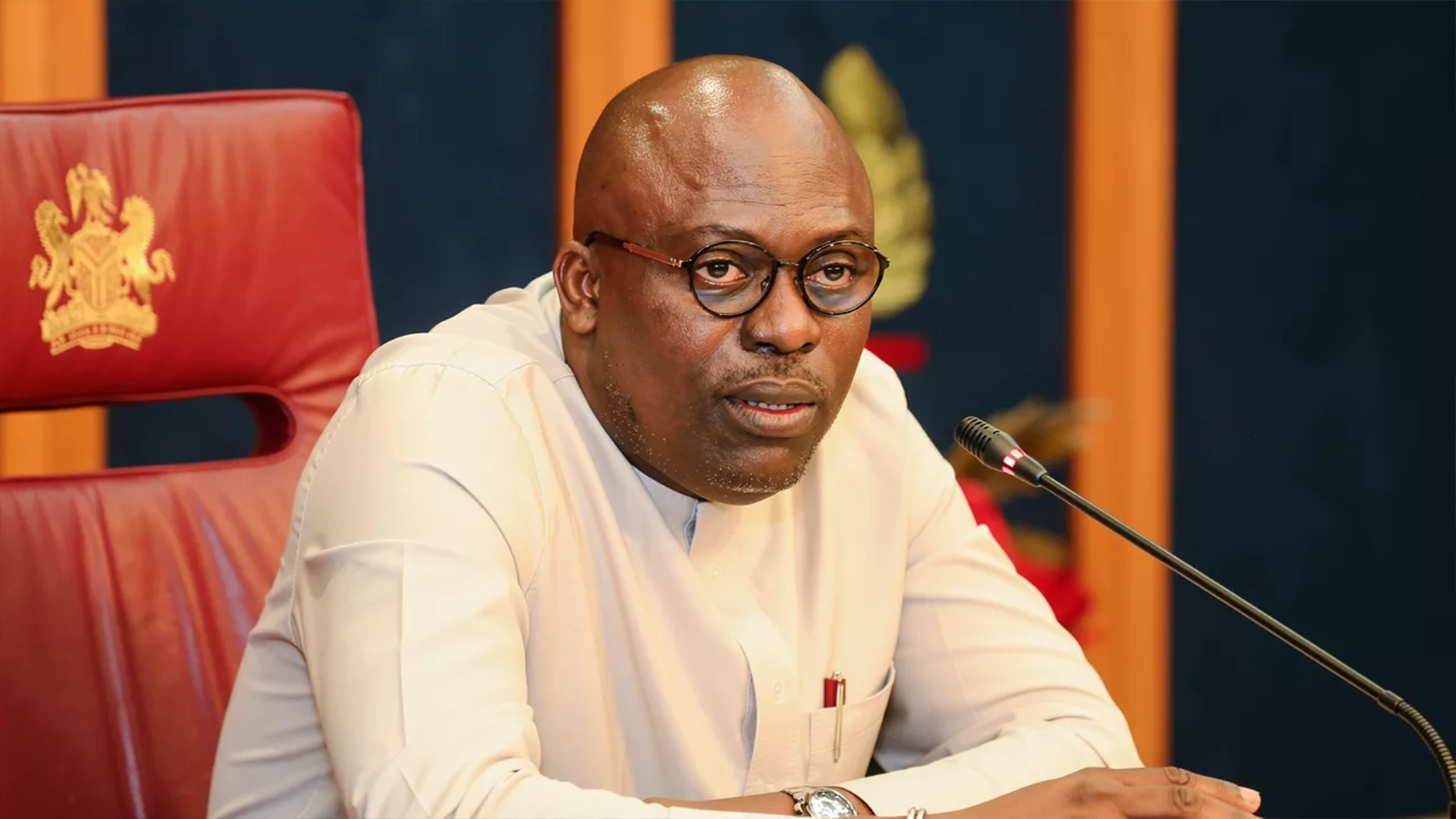
Edo State Governor, Godwin Obaseki, has expressed his willingness to cooperate with the Economic and Financial Crimes Commission (EFCC)regarding his eight-year tenure, should they require his presence.
Speaking in Abuja at the EdoBEST National Results-Sharing Session, an event highlighting his achievements, especially in education, Obaseki emphasised that he is not afraid of the anti-graft agency and would gladly submit himself if needed.
He reeled out his achievements during his eight years of stewardship, notable among which he said, was in the education sector.
The Guardian reports that Obaseki’s eight years of two tenures as governor will come to an end on November 12, 2024.
Obaseki, who acknowledged the sufferings Nigerians are facing, tasked the opposition All Progressives Congress (APC) to focus on the plight of Nigerians rather than vendetta, noting that he has governed the people of Edo State to the best of his ability.
Noting that his opponents were busy generating what he referred to as “unnecessary and silly petitions” against him, he insisted that he was not afraid of the EFCC, which they (opponents) were resorting to in order to embarrass him.
The governor described his opponents in Edo State as people who are not only full of bitterness but also full of vendetta and wickedness.
According to him, his opponents are “just cruel, they are very wicked people, they are very jealous people, they are very envious because they cannot show as much of their achievements as we have achieved in the last eight years.”
He added: “Why should I have fears? I think what is important is focus. I came in and ignored the noise and just focused on what I felt was important, and today, you can see the results.
“What happens after that is not up to me. If these people come in and continue their political witch-hunt and do whatever they think they can do to hurt me, it is their problem. So I am not afraid. I’m not worried. I know they are generating a lot of unnecessary and silly petitions, but I am not afraid; it’s part of the challenge.
“If they (EFCC) will pick me up, I can even hand myself over if they call me. I don’t have anything to hide, so I’m not afraid.”
The governor said he is bowing out with his head held high, given the legacy he would bequeath to Edo State, a development he said was rare in the history of the state.
“There are many things we have done that you could describe as legacy projects, but I believe that for Edo, one of the things that would last for a very long time is the fact that we were able to focus on Edo people, we focused on the things that matter most to them, reformed those things, and implemented them on a large scale.
READ ALSO:Obasanjo, Jonathan, Tambuwal, others laud Obaseki’s eight years in office
“This is not the first time people are attempting education reform; so many documents have been written about trying to reform our educational system, our healthcare system, but I believe that in the last eight years, Edo has shown how it can and should be done, and you can see practical examples.
“We are not talking about teacher training or increasing enrollments. You can actually come to Edo and see the data. We have been able to enrol over 400,000 children in our educational system; you can identify them because the data on every child is there.
“So all the things that we have already aspired to as a country in different policy areas, we have them in Edo, trying to practicalize them, at least, to show that things can be done in Nigeria on a large scale.”
Governor Obaseki further noted that his administration recently commissioned a rebuilt technical college which has been redesigned with a new curriculum for training people either in catering or to be chefs, mechanics, bricklayers, and even in the construction industry.
“And these are kids who otherwise would have been thinking of travelling to Libya or going abroad,” he added.
“So what we have done in our educational system is to train people, to prepare them for life, to be useful to themselves, not just to have certificates. So from that perspective, what we have done is to try and link education with society and not just to go to school and get a certificate. It’s about ‘What do you do with that education that you have now received?’ What does education mean to you? That, we have changed the meaning.”
The governor opposed the proposal of the Nigerian Academy of Letters that Unity Schools be handed over to states, saying rather, they should be handed over to people who can effectively sponsor them to meet global standards of education.
Drawing attention to what the keynote speaker at the event, Prof. Olubayi Olubayi, said at the event, the governor said, “Let’s focus on what Prof. Olubayi said here today.
“The original intention of these Unity Schools is that they were supposed to be elite schools, to cater to the best of the best and to also try and foster unity. So the proposal (Olubayi) made about EdoBest 3.0 is that we should take our best and the brightest. They don’t have to be from one part of the country alone, and then put them together and treat them specially as it happens in some other countries.
“They are elite schools, not elite by your parentage, elite by your knowledge, and give them everything that they (students) want to become exceptional because they are exceptional people. They are the ones who will be at the top of policymaking, policy decisions, and innovations in our country. That is what we are missing. So, the Unity Schools should be so.
“India has only 10 Unity Schools, and from the presentation of Prof. Olubayi today, you can see that people who went to those schools in India are today running global companies. That is what we should be trying to do with our Unity Schools. Those special schools require a lot of resources, so they should be handed over to people who can sponsor them to be a combination of the private sector, public sector, and federal government. The important thing is not ownership; the important thing is output.”






